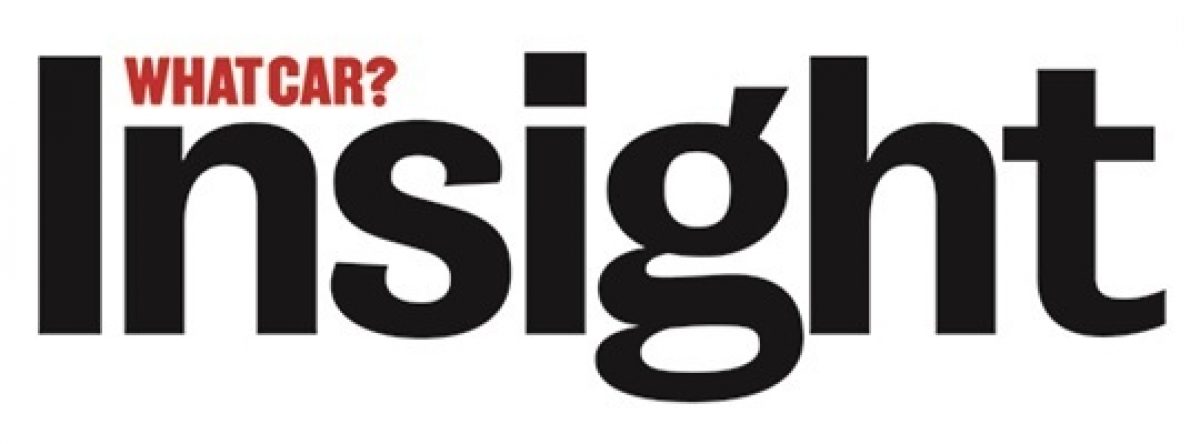
‘Daksh Gupta is CEO of Marshall Motor Holdings, a retail group with 119 dealerships, around 4300 employees and a turnover of 2.3 billion last year. As well as thriving financially under his leadership, the company has earned numerous awards for its employee, equality and charity initiatives. The coronavirus pandemic has thrust Gupta into the spotlight, not only for the manner in which he and his team have handled the crisis, but also for the leadership he has shown during it, as part of an initiative to represent industry views to government and as a clear voice in the media on related topics’ reads the latest What Car Insight.
How bad have the past few months been for business?
“The data tells the story: it is an unexpected and unprecedented collapse to have new car registrations down by 97% and used car volumes down by between 80 and 85%.
“Looking at the retail industry as a whole, in 2019 the average dealer group made a 0.8% return on sales – so, for every £100m of sales, there was £800,000 of profit. The issue is that these businesses are highly operationally geared; to achieve that, you typically have a cost base of around 10%, or £10m in my example. In very simple terms, one month’s cost base is equivalent to one year’s profit – and we’ve now had to carry a lot of costs for a couple of months, with next to no income.”
What is your chief concern right now?
“Cash is everyone’s main concern. We are in a good position; we have a strong balance sheet, and there are very few dealers who can say that unless they have strong parent companies, such as Sytner with Penske.
“But even then it is precarious, because as we unwind the business and get back to work, debt will go up and working capital will increase. And then there’s the lost business to factor in; we estimate that closing in March cost us around £12m in profit. That really hurts, because we were flying. The market was down 31% for the month, year on year, but we were significantly better than that despite the early closures.”
Have you sold any cars during lockdown?
“From lockdown in March to mid-May, we sold around 130 new cars, 1000 used cars and around 1300 fleet cars – not many compared with what we normally sell.
“The used-to-new ratio is interesting, though. Eight to one is incredible; we were delighted with a ratio of 1.7:1 last year and have a long-term ambition to hit two. It will be interesting to watch how that trend develops.”
Will a scrappage scheme help?
“I believe we will need some kind of stimulus in the market. The issue will be what form it takes; an environmental focus seems correct, but focusing solely on electric vehicles, which are relatively expensive, supply limited and in many cases not profitable, doesn’t help. Adding hybrids solves that, but I hope there is also an opportunity to include the latest Euro 6 engines, even diesels; this is a chance to re-educate people on the strides that have been made.”
What kind of recovery are you predicting?
“I don’t think it’ll be a ‘V’ or ‘W’, more of a ‘U’, but with a very low curve at the bottom. It is going to be very difficult for a period of time. People, companies and the country are taking on very significant debt.
“Thank God for the furlough scheme; if you look at the US, there have been something like 37 million job losses. That’s heart-breaking. But now we have to see how long we can keep it going in the right way as people can return to work.”
How will you personally approach the coming challenges?
“Mindset is the big one. Always be positive, have a great attitude. And then hard work,
because it always pays off in some form. I’ve progressed by being positive, inquisitive
and hard working – and I think it’s an attitude that will stand anyone in good stead.”
To read the full interview Download the What Car? Insight Report
